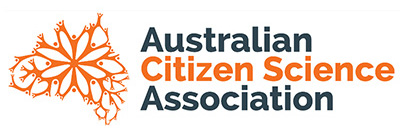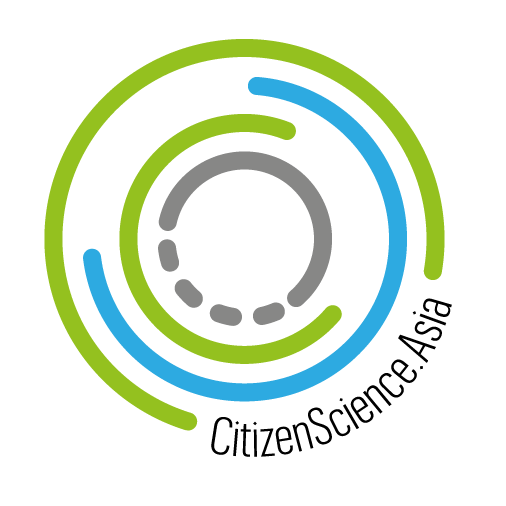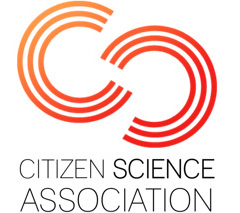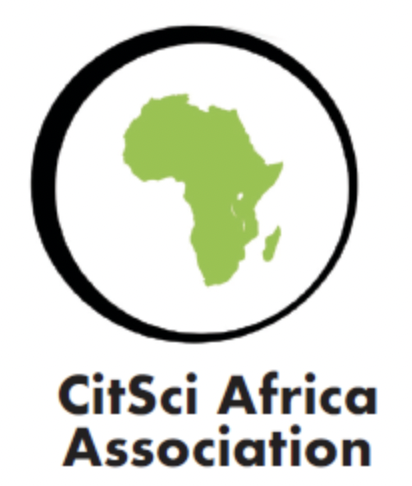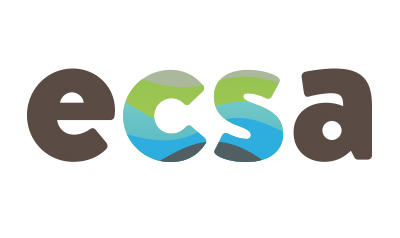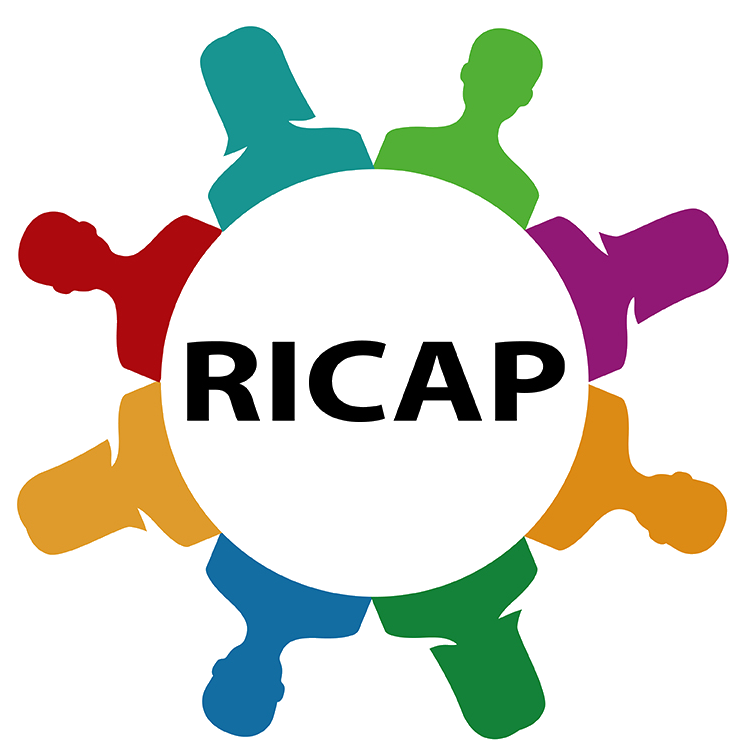

CSGP is involved in UNICEF Yoma project via IIASA and UNIGE, as partners see the project as a great vehicle for supporting Cit Sci Africa Association in its initial start-up phase. Yoma is a digital platform where young people can develop their skills, find opportunities, and achieve social and environmental impact. Young people can build their futures by actively engaging in social impact tasks as well as learning to earning opportunities.
The central hypotheses of the Yoma Operational Research project, coordinated by UNICEF. are:- With the help of AI, youth can collaborate effectively to design community-based initiatives that result in actions which contribute at a local level to achieving social and environmental progress.
- Using appropriate crowdsourcing apps, these actions can produce citizen-generated data that is valuable for key stakeholders at government agencies, NGOs and the private sector.
- Youth will engage at scale to carry out these actions, motivated by a carefully designed digital token-based system that is backed up by independent validation of the data they generate.
- Such coordinated youth-based action will lead to improvements in relational well-being measured using a smart phone app that tracks indicators of well-being.
- Key stakeholders will sustain such youth-based action beyond the operational research phase, motivated by both its positive social impact and the value of the data it generates.

A core strategy of CSGP is to lead initiatives to scale up citizen science for a number of key global challenges. The work will particularly aim to support less developed and less well-resourced regions. Air-quality monitoring is the first of these initiatives with an approach that seeks to collaborate with all existing air quality monitoring projects and practitioners, to gain insights and to share resources and build a community of practice.
Established in mid-2023, this group has already attracted 60 people and organisations from across the globe. From initial contributions of members, we have already identified and established sub groups to focus on areas such as data and data repositories, methodologies and sensors.
Through this work we will develop a proposal for the structure of the projects and project management, create a portfolio of tested methodologies and propose the use/creation of FAIR data repositories, and harmonisation of existing data. The group will also develop a costing for scaling modules of the projects and a prospectus in order to be able to seek funding and support to action the work.
We have already established collaborations with a number of organisations including OpenAQ, NASA Globe, University of Chicago EPIC group, ECSA Air Quality working group, CitiObs EU project, Air Gradient, PRIA/UNESCO India
If you are interested in learning more as about the group and contributing to further advances at the global level, please be invited to join this CSGP WG by signing up here.
If you have questions and want more info, please contact Libby Hepburn signing up here.
If you have questions and want more info, please contact Libby Hepburn.
 Photo by Johan Meuris
Photo by Johan Meuris This Community of Practice is dedicated to stimulating exchange and cooperation between practitioners from the fields of Citizen Science (CS) and Open Science (OS). The aim is to, in general, increase, enrich and consolidate understanding across these two movements, and, as particular occasions of cooperation arise, accompany and feed into the UNESCO global policy process on Open Science.
If you are interested in maximising the opportunities for collaboration among CS & OS practitioners to make further advances together at the global level, please contact Uta Wehn

The Global Mosquito Alert Consortium (GMAC), is the first global platform dedicated to advancing citizen science to tackle mosquito monitoring. GMAC will be an open, common set of protocols and toolkit that is augmented with modular components created to meet both global and local research and management needs. Each protocol associated with the Global Mosquito Alert Consortium will be structured around a common list of “core” fields. These fields may be augmented by additional information collected by local projects. A toolkit will list the protocols, supporting technologies, and resources such as guidance on volunteer management, information on working with decision-makers including public health agencies and pest managers, and lesson plans for bringing citizen science into educational environments. Data associated with the Global Mosquito Alert Consortium will be made available through the dynamic UN Environment platform Environment Live.
While consortium partners are predominantly based in the United States and Europe, a number of partners are pilot testing local deployments in Central America, South America, and Africa. More support is required to understand how technology can be customized to local needs and to build a truly global network. The GCSP is seeking to use its Network of Networks approach to connect likeminded organization to the GMAC community as well as potentially inspire citizen scientists to take a leadership role in new and globally diverse mosquito monitoring projects. The Global Mosquito Alert Consortium continues to hold virtual monthly meetings. So far, the following partners have joined the consortium:- The Wilson Center's Science and Technology Innovation Program (STIP, co-host)
- The United Nations Environment Program (UNEP, co-host)
- The European Citizen Science Association (ECSA, co-host)
- The Globe Observer Mosquito Health Mapper
- The Invasive Mosquito Project
- Muggenradar
- Mosquito Alert
- ZanzaMapp.
- MosquitoWEB
- CitizenScience.Asia

